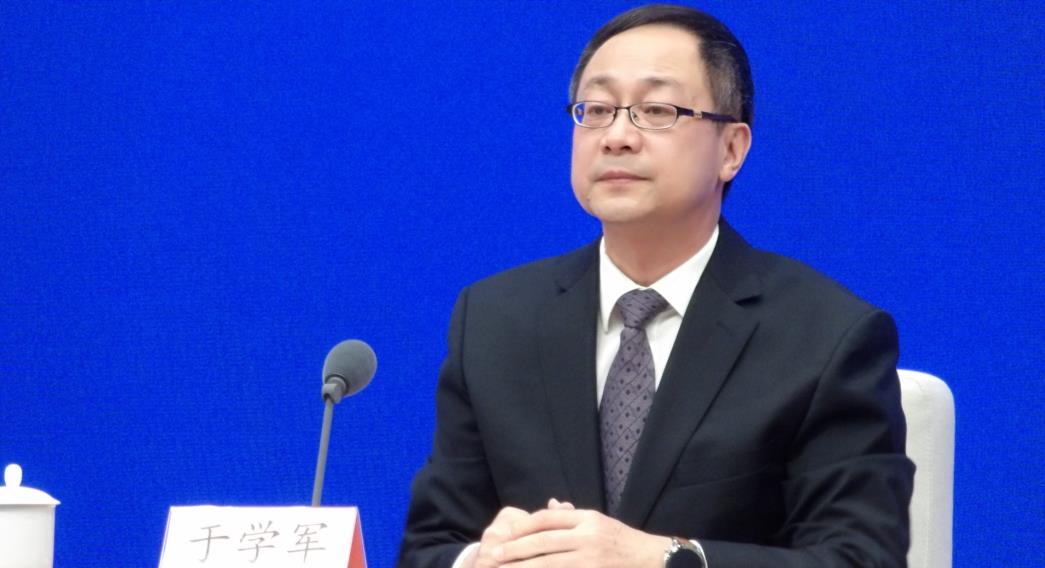
Yu Xuejun, member of the Party Group and Deputy Director of the National Health and Wellness Committee.
CCTV News:On October 28th, the State Council held a press conference on the reform and development of health undertakings in the 13th Five-Year Plan.
At the meeting, Yu Xuejun, member of the Party Committee and deputy director of the National Health and Wellness Committee, said that talents are the foundation of building a healthy China and an important guarantee for strengthening the grassroots. During the "Thirteenth Five-Year Plan" period, the National Health and Wellness Commission took various effective measures to strengthen the construction of grassroots talent teams, mainly in the following aspects:
First, through the establishment of medical education system of college education, post-graduation education and continuing education, talents will be delivered to the grassroots.Establish a national unified standardized training system for residents, train homogeneous qualified clinicians, and train a large number of undergraduate orientation students for township hospitals in the central and western regions. We will formulate a series of measures to guide the rational flow of talents, such as counterpart support from urban and rural health institutions, encouraging graduates to find jobs at the grassroots level, providing services to urban doctors before they are promoted, and supporting rural health projects with 10,000 doctors. In recent years, the proportion of middle and senior professional titles of primary health technicians has continued to increase, and the structure has been further optimized.
Second, by promoting registered doctors to practice more, let talents serve the grassroots.During this period, the "Measures for the Administration of Physician Practice Registration" was revised and promulgated, and a regional registration system for physicians was established. The practice location was revised to "provincial or county administrative divisions", and doctors were "registered once, and the region was effective", and they could practice in multiple institutions. At present, there are 260,000 doctors practicing in multiple institutions across the country, effectively alleviating the shortage of medical talents in primary medical institutions and society.
The third is to train talents for the grassroots by strengthening the construction of the national team of doctors.Issue guidance, promote the coordinated reform of the national doctor training and use incentive mechanism, organize research and formulate the general practitioner transfer training outline, formulate preferential policies, and support the trainees to participate in the general practitioner transfer training. Training objects from poverty-stricken areas, ethnic minority areas and old revolutionary base areas shall be given priority under the same conditions to ensure the treatment of training objects during training. After passing the training examination, the scope of general practice can be increased. At present, 180,000 general practitioners have been transferred for training, and the number of general practitioners per 10,000 people has increased from 1.38 to 2.61 this year.
The fourth is to enhance the ability of grassroots talents through special training.Starting from 2018, we will implement training programs to improve grassroots capabilities, and carry out practical skills training for doctors, nurses, managers and rural doctors in township hospitals and community health service centers. By 2020, the central government has invested a total of 1.02 billion yuan and trained more than 500,000 primary health workers.
Yu Xuejun said that at present, the total amount of high-quality medical resources in China is insufficient, and the uneven distribution of medical resources between urban and rural areas and regions still exists, especially the shortage of talents is still a short board. We should continue to work hard in this regard in the next step, so that talents can serve people’s health more and better.
关于作者